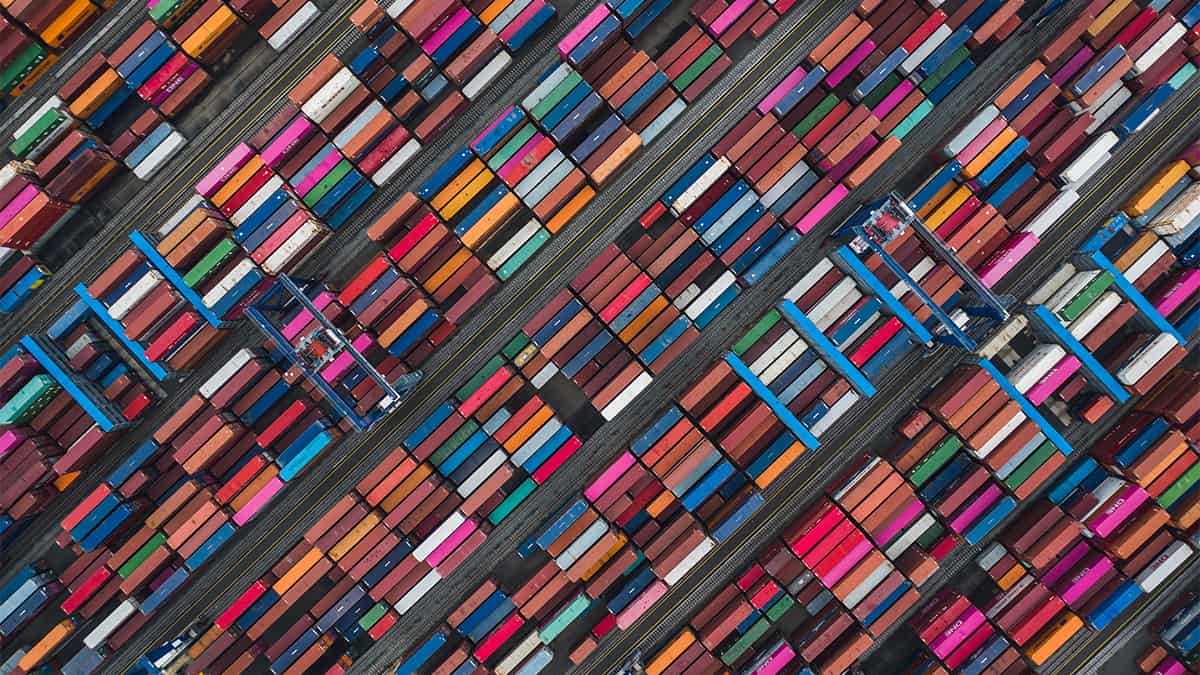Adapting to new situations and scenarios is hard. Crisis management is hard, especially in the midst of a pandemic, there are many volatile and changing pieces that have affected various industries. However, one thing is clear, that change had to happen and adapt they did. In the wake of COVID-19, new global supply chain strategies came to light in effort to lessen the blow on global trade and shipping, and to ensure that global economies did not collapse.
So, what are these global supply chains strategies that were adapted? In a recent study by Ernest&Young which involved 200 global supply chain executives, they were able to ascertain the impact of COVID-19, how their priorities have adapted in the next 1-3 years, and also their paths to digital or autonomous supply chains.
The 200 global supply chain executives from different industries in the United States of America which allowed insight into how different industries were faring. Based on the survey, it was identified that certain industries fared worse, with only 2% of the respondents stating they were prepared for such a crisis. Many industries such as the automotive industry and various industrial industries were affected negatively by the pandemic, with a 47% responding that the workforce too was affected.
With the survey came the need for change that were highlighted across board, with many respondents stating that efficiency and reskilling the workforce should be prioritised, whilst cost-optimisation will still be a key priority. However, one of the major global supply chains that was highlighted was the need for visibility. This highlights the need to shift from linear suppliers to a more integrat4ed network which also factors different technology such as IoT devices and sensors to help with goods and their status and conditions.
One of the key takeaways from the E&Y survey was that the USA has plans to adapt global supply chain in an effort to be resilient, collaborative, and networked with its stakeholders. They plan to do so by investing in the likes of Artificial Intelligence (AI) and robotic process automation and other similar supply chain technologies whilst retaining their workforce.

